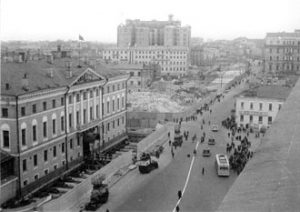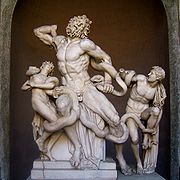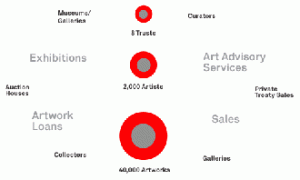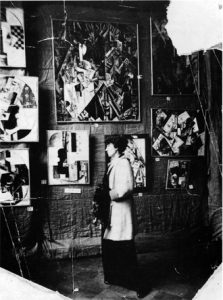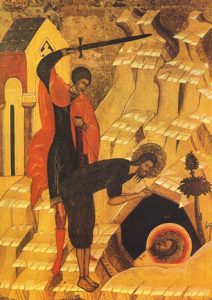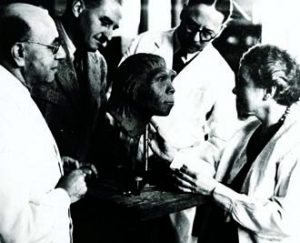Our knowledge of Russia and the USSR is no longer in focus. That is the conclusion delivered here by three researchers who offer us a historiographical overview of painting, film, architecture, and urban planning. In their company, we exit a history centered around the decryption of ideological messages effectively imposed by the state apparatus. ...
Arts & Sociétés
Letter of Seminar
Passion for Equality 2011-2012
-
-
# 29-2 | Ancient Rome | Valérie Naas
One must go back to Ancient Rome in order to study the burgeoning relationships between art and society at a time when images had already become the dominant means of expression. Valérie Naas offers us a valuable critical appreciation of Pliny the Elder’s Natural History, a key source on ancient art. She thus reveals ...
-
# 28-2 | Nominalism | Tristan Trémeau
Katia Schneller recently defended an excellent dissertation on the constructions and deconstructions of artistic categories in New York between 1966 and 1973. In her thesis, Schneller described the proliferation of all kinds of labels, from Minimal Art to Postminimalism, passing by way of Conceptual Art and the Anti-Form movement. Such labels offer less an ...
-
# 25-2 | The Power of Artists | Olga Medvedkova
Traditionally, people have often wanted to leave the last word to writers. Since Antiquity, with Philostratus, this has been because the critic was supposed to go beyond the world of appearances by sifting out a meaning and a moral, whereas the artist was suspected of doing nothing but representing forms through the use of ...
-
# 25-1 | The Power of Artists | Elitza Dulguerova
Traditionally, people have often wanted to leave the last word to writers. Since Antiquity, with Philostratus, this has been because the critic was supposed to go beyond the world of appearances by sifting out a meaning and a moral, whereas the artist was suspected of doing nothing but representing forms through the use of ...
-
# 24-1 | Icons | Jean-Claude Marcadé
Icon comes from the Greek word for religious images of all kinds, in all materials, and of every dimension. Objects of worship but also objets d’art, icons are linked to the Orthodox faith but also to the history of art. They are the tokens of a worldview that has inspired theologians as well as ...
-
# 24-2 | Icon | Igor Sokologorsky
Icon comes from the Greek word for religious images of all kinds, in all materials, and of every dimension. Objects of worship but also objets d’art, icons are linked to the Orthodox faith but also to the history of art. They are the tokens of a worldview that has inspired theologians as well as ...
-
# 21 | Prehistories | Arnaud Hurel
Arnaud Hurel gained a name for himself with the recent publication of a book on the history of his field of study. His volume La France préhistorienne de 1789 à 1941 (Prehistorians’ France from 1789 to 1941) examines this field starting from that paradoxical revolutionary moment when the notion of a “collective heritage [patrimoine ...
-
# 20-2 | Genius | Pierre-Michel Menger
Jean Starobinski sees the eighteenth century as the stage upon which an unprecedented freedom movement lit up and exploded in a tragic flash. This was the moment when Diderot made of the genius a personal, secret, and indefinable kind of soul, in the absence of which nothing beautiful or very great could be accomplished. ...
-
# 20-1 | Genius | Bruno Moysan
Jean Starobinski sees the eighteenth century as the stage upon which an unprecedented freedom movement lit up and exploded in a tragic flash. This was the moment when Diderot made of the genius a personal, secret, and indefinable kind of soul, in the absence of which nothing beautiful or very great could be accomplished. ...
